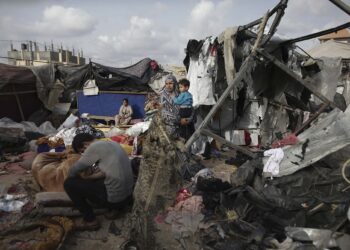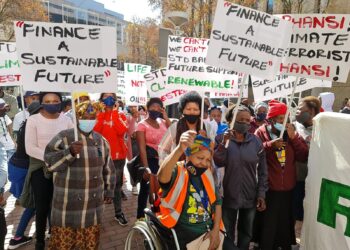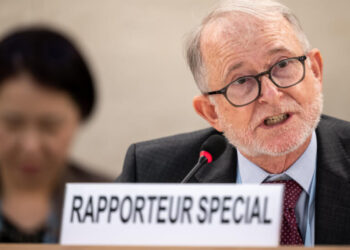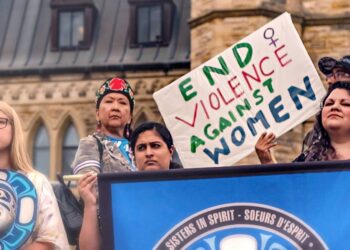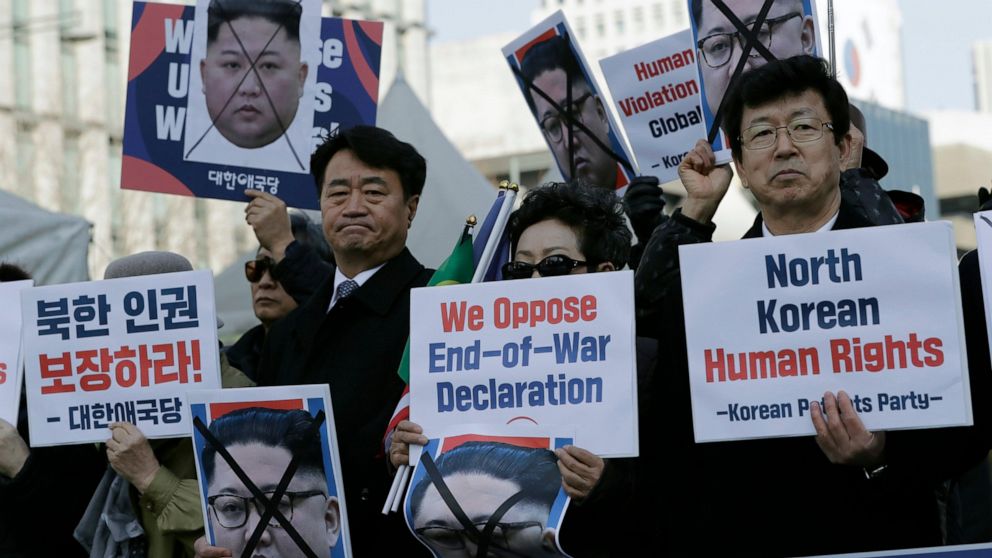Human Lives Human Rights: The recent passage of Sri Lanka’s Online Safety Act in Parliament has sparked outcry among human rights advocates, signaling a significant setback for freedom of expression in the country. Described as draconian, this legislation introduces sweeping measures that could be wielded to stifle dissent and silence critics.
Critics argue that the Online Safety Act provides authorities with a potent tool to curtail online freedoms, paving the way for censorship and suppression of dissenting voices. Provisions within the Act, such as vaguely defined offenses like ‘prohibited statements,’ raise concerns about overreach and infringement upon fundamental rights to freedom of expression and privacy, as enshrined in the International Covenant on Civil and Political Rights (ICCPR), to which Sri Lanka is a signatory.
As Sri Lanka grapples with economic challenges and austerity measures, there are fears that this legislation will be exploited by authorities to quash dissent and further restrict civic space. With impending elections adding to the political landscape, there is a pressing need for the Sri Lankan government to demonstrate a commitment to upholding international human rights standards and ensuring respect for the rights of all citizens.
Background:
The Online Safety Act, passed by the Sri Lankan parliament on 24 January, grants extensive powers to an ‘Online Safety Commission,’ empowering it to determine and act against content deemed as “prohibited statements.” Additionally, the Act criminalizes the dissemination of false information, raising concerns about its potential impact on freedom of expression. Criticism of the bill has been widespread, with activists, civil society members, and the UN Office of the High Commissioner on Human Rights (OHCHR) highlighting its chilling effect on free speech.


